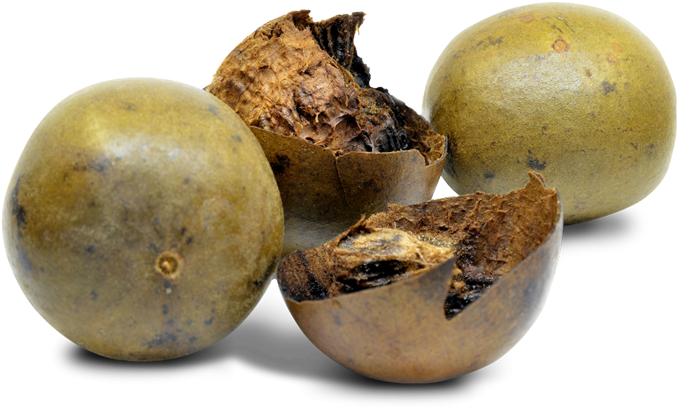
- 23rd January 2021
Table of Contents
- Which is the best sweetener?
- Comparative analysis of stevia and monk fruit extract
- Properties
- Stevia
- Monk Fruit Extract
- Calories
- Helps in weight loss
- Side effects
- Safe in diabetes
- Cost
- Forms
- After taste
- Cultivation
- Availability
- Flavor
- Allergic reaction
- It may cause an allergic reaction. If someone is allergic to any plant from the Asteraceae family (daisies, ragweed, chrysanthemums, and sunflowers), stevia is not safe for them.
- Monk fruit allergies are rare.
- If someone is allergic to any plant from the Cucurbitaceae family (cucumbers, pumpkin, melons, and squash), Monk fruit is not safe for them.
- Your risk of monk fruit allergy is higher if you’re allergic to other gourds.
- Signs of an allergic reaction may include hives or rash, difficulty breathing, rapid or weak pulse, dizziness, swollen tongue, stomach pain or vomiting, wheezing.
- Processing
- Most stevia products are highly refined
- Dried monk fruit may be used to prepare tea and herbal remedies, but it’s also hard to find.
- Safety profile
- The FDA says that steviol glycosides - chemicals derived from the stevia leaf are generally recognized as safe, but stevia has not been approved by the FDA as a non-nutritive sweetener; it's considered a dietary supplement. No authentic data is available for breastfeeding mothers as well as for children.
- Monk fruits are safe for children, pregnant women, and breastfeeding women.
- Adulteration
- Sometime it may be blended with cheap, higher glycaemic sweeteners
- Adulteration is possible so it should be purchased from an authentic shop or you can buy it online
- Effect of heat
- Uses
Which is the best sweetener?
Properties |
Stevia |
Monk Fruit Extract |
Calories |
Zero |
Zero |
Helps in weight loss |
Yes |
Yes |
Side effects |
Bloating, nausea, and gas |
Not shown in human studies |
Safe in diabetes |
Safe1 |
Safe |
Cost |
Less expensive than monk fruit extract |
More expensive than stevia or other sweeteners |
Forms |
Liquid, granules, and powder forms |
Liquid, granules, and powder forms |
After taste |
Bitter aftertaste |
Fruity after taste |
Cultivation |
Easy |
Difficult to grow |
Availability |
Easily available |
Difficult to find out in stores |
Flavor |
Licorice flavor |
Fruity Flavor |
Allergic reaction |
It may cause an allergic reaction. If someone is allergic to any plant from the Asteraceae family (daisies, ragweed, chrysanthemums, and sunflowers), stevia is not safe for them. |
Monk fruit allergies are rare.If someone is allergic to any plant from the Cucurbitaceae family (cucumbers, pumpkin, melons, and squash), Monk fruit is not safe for them.Your risk of monk fruit allergy is higher if you’re allergic to other gourds.Signs of an allergic reaction may include hives or rash, difficulty breathing, rapid or weak pulse, dizziness, swollen tongue, stomach pain or vomiting, wheezing. |
Processing |
Most stevia products are highly refined |
Dried monk fruit may be used to prepare tea and herbal remedies, but it’s also hard to find. |
Safety profile |
The FDA says that steviol glycosides - chemicals derived from the stevia leaf are generally recognized as safe, but stevia has not been approved by the FDA as a non-nutritive sweetener; it's considered a dietary supplement. No authentic data is available for breastfeeding mothers as well as for children. |
Monk fruits are safe for children, pregnant women, and breastfeeding women. |
Adulteration |
Sometime it may be blended with cheap, higher glycaemic sweeteners |
Adulteration is possible so it should be purchased from an authentic shop or you can buy it online |
Effect of heat |
Heat stable |
Heat stable |
Uses |
You can use stevia to sweeten almost anything likecoffeehot tea, iced tea, or lemonadesalad dressingssaucessmoothiesfrostingsyogurtoatmeal or other hot cereals |
Same as stevia |














